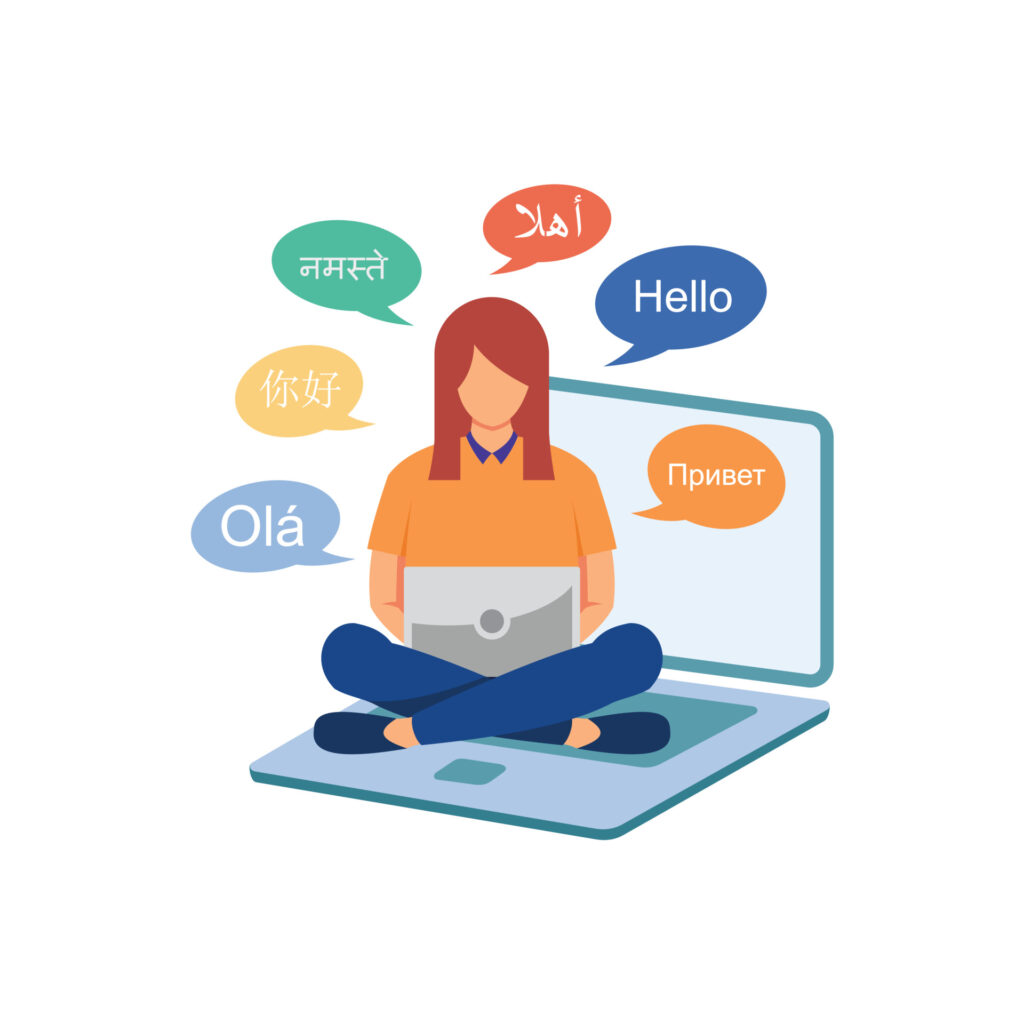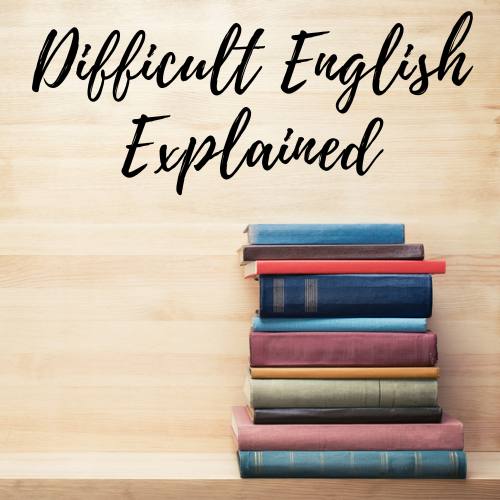
Automatic translators and translation dictionaries are easier to access than ever. Many are available online. It seems like a quick search is all you need to translate text from one language to another. Watch out, though — automatic translators sometimes make mistakes. They sometimes translate idiomatic expressions literally. Sometimes when there is more than one possible choice for a word, they make the wrong choice. Let’s look at some examples.
Literal translation of an idiomatic expression
My first example is an English idiomatic expression that was not translated correctly.
- English: John just spent all his money on a sports car. I think he has flipped his lid.
- Incorrect Portuguese translation from Google Translate: John acabou de gastar todo o seu dinheiro em um carro esporte. Acho que ele virou a tampa.
In this example, the automatic translator gave a word-for-word translation. In Portuguese, this makes no sense. The English expression “to flip (your) lid” means “to become crazy or insane.”
- Correct translation: John acabou de gastar todo o seu dinheiro em um carro esportivo. Acho que ele ficou louco.
My second example is a Brazilian Portuguese idiomatic expression that was not translated correctly. (Lage & Barboza-Murray, 2011)
- Brazilian Portuguese: Artur: Marcelo, aquela mulher está dando mole para você.
- Incorrect English translation from Google Translate: Artur: Marcelo, that woman is giving you a hard time.
- Correct translation: Artur: Marcelo, that woman seems interested in you.
There is a big difference between “giving you a hard time” and “being interested in you!” The automatic translation wasn’t a literal, word-for-word translation. It was just wrong.
Incorrect word choice
My first example of an incorrect word choice comes from a Twitter post that I saw. It showed the label of a beauty product. The English text was:
Hyaluronic Acid Serum: Hydrates, lifts, and firms
(https://twitter.com/MadameChatty/status/1467619493199368196)
It had a French translation below it that was hilarious.
- Incorrect French translation: Hydrates, ascenseurs, et entreprises
“Hydrates, ascenseurs, et entreprises,” means “Hydrates, elevators, and businesses.” There are two mistakes here. The word “lift” in British English is “elevator” in North America. It is a machine that carries people from one floor of a building to another. The French word “ascenseur” means “elevator.”
The word “firm” in English can be a verb, an adjective or a noun. As a verb, “to firm” means “to make stronger or more solid.” As a noun, it means “a business organization.” So, “hydrates, lifts, and firms” became “hydrates, elevators, and businesses.”
- Correct translation: Hydrate, lisse et raffermit
The next example came from an academic article that discussed problems with automatic translation from English to European Portuguese. (Barreiro & Ranchhod, 2005)
- English: The building industry has a large number of men at work.
- Incorrect Portuguese translation: A indústria de edifício tem um número grande de homens a trabalho.
The automatic translation was a word-by-word translation of the English phrase, “the building industry.” It was “the industry of building.” In English, the word “building” can be a structure like “an office building,” and it can also refer to the activity of construction, like “the building industry.” The Portuguese word “edifício” can’t be used this way. It refers to a structure, but not the activity of building. For that, you need the word, “construção.”
- Correct Translation: O sector da construção tem um grande número de homens a trabalhar.
Conclusion
So should we give up on automatic translators? No! Automatic translators can be very helpful, but they must be used with care. It is safest to use short, simple sentences that avoid idiomatic expressions. Also, avoid unusual vocabulary. Use your common sense with the results. If the translation you receive doesn’t make sense, look a little more closely. Check some of the words in a translation dictionary. One of my favorite online translation dictionaries is https://www.wordreference.com. It supports 16 different languages. And before you put automatically translated text in some important context (like on the label of a product), be sure to check with a native speaker!
References
Barreiro, Anabela & Ranchhod, Elisabete. (2005). Machine Translation Challenges for Portuguese. Lingvisticae Investigationes. 28. 3-18. 10.1075/li.28.1.03bar.
Lage, Luciana & Barboza-Murry, Renata (2011) 51 Portuguese Idioms: Speak Like a Brazilian, Street Smart Brazil Publishing
Britannica Dictionary https://www.britannica.com/dictionary
The Free Dictionary by Farlex (Idioms) https://idioms.thefreedictionary.com/
